Literature & Politics
Explore the contributions of literature and rhetoric to the study of politics.
July 12 – July 25, 2020
Online Seminar
If politics is not total, then what are its boundaries? How does the human condition shape politics, and how does politics in turn shape the human condition? If political communities bear opinions, customs, and laws from generation to generation, then what is its relationship to the first human community, the community that provides generations, namely, the family?
This seminar considers these questions by way of a careful reading of Sophocles’ Antigone. The characters of this tragedy offer different and conflicting understandings of the familial, the divine, the political, and their proper relationships. Our work will be to consider and question these different understandings, and in doing so, examine the limits of politics.
Image: Giuseppe Diotti, Antigone Condemned to Death by Creon, 1845
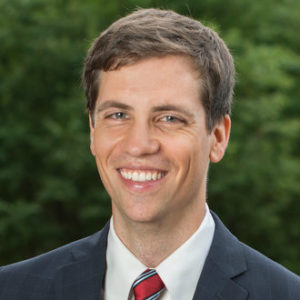
Antón Barba-Kay is Associate Professor of Philosophy at The Catholic University of America, in Washington, D.C. (He is also, at the moment, Visiting Professor of Humanities at Deep Springs College, in California.) He earned his Ph.D. from the University of Chicago’s Committee on Social Thought, with a dissertation on Hegel’s Phenomenology of Spirit. The bulk of his research has concentrated on the subjects of recognition and aesthetics in nineteenth-century German philosophy. He is also writing a book about the political and philosophical implications of the digital revolution.

Readings:
Discussion Questions & Writing Prompts:
Readings:
Discussion Questions & Writing Prompts:
Readings:
Discussion Questions & Writing Prompts:
Readings:
Reading Questions & Writing Prompts:
Readings:
Reading Questions & Writing Prompts:
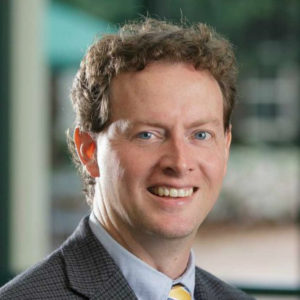
Benjamin Storey
Benjamin Storey is a senior fellow in Social, Cultural, and Constitutional Studies at the American Enterprise Institute (AEI), and co-director of AEI’s Center for the Future of the American University. He is concurrently an SNF Agora Fellow at Johns Hopkins University and a research fellow at the Civitas Institute at the University of Texas at Austin.
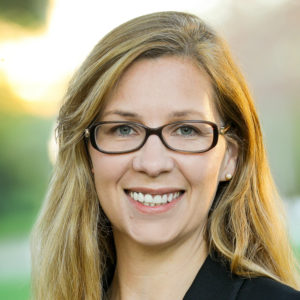
Jenna Silber Storey
Jenna Silber Storey is a senior fellow in the Social, Cultural, and Constitutional Studies department at the American Enterprise Institute (AEI), and co-director of AEI’s Center for the Future of the American University. She is concurrently an SNF Agora Fellow at Johns Hopkins University, and a research fellow at the Civitas Institute at the University of Texas at Austin. She also serves on the executive committee of the Alliance for Civics in the Academy.
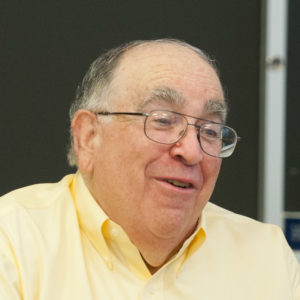
Paul Cantor
Paul Cantor was the Clifton Waller Barrett Professor of English and Comparative Literature at the University of Virginia. He has written on a wide range of subjects, including Shakespeare, Romanticism, Austrian economics, and contemporary popular culture.
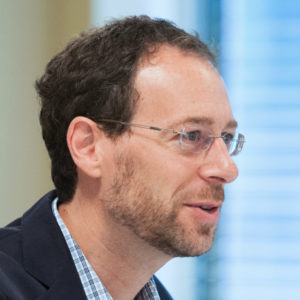
Bryan Garsten
Bryan Garsten is Professor of Political Science at Yale University. He writes on questions about political rhetoric and deliberation, the meaning of representative government, the relationship of politics and religion, and the place of emotions in political life.
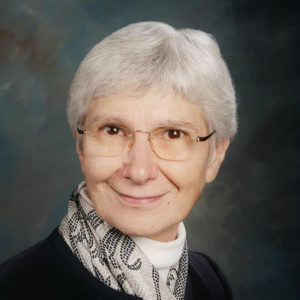
Amy A. Kass
Amy Apfel Kass (1940 – 2015) was a senior fellow at the Hudson Institute, Senior Lecturer Emerita in the humanities at the University of Chicago, and coeditor of What So Proudly We Hail: The American Soul in Story, Speech, and Song. She was an award-winning teacher of classic texts.
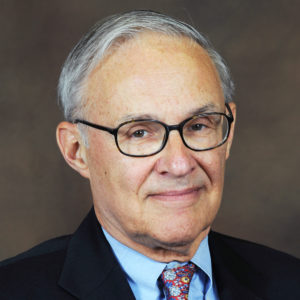
Leon R. Kass
Leon R. Kass, M.D., is the Addie Clark Harding Professor Emeritus in the Committee on Social Thought and the College at the University of Chicago and the Madden-Jewett Chair at AEI. He was the chairman of the President’s Council on Bioethics from 2001 to 2005. He has been engaged for more than 40 years with ethical and philosophical issues raised by biomedical advances and, more recently, with broader moral and cultural issues.

Ryan P. Hanley
Ryan Patrick Hanley is Professor of Political Science at Boston College. His research in the history of political philosophy focuses on the Enlightenment. He is the author of Our Great Purpose: Adam Smith on Living a Better Life and Love’s Enlightenment: Rethinking Charity in Modernity.
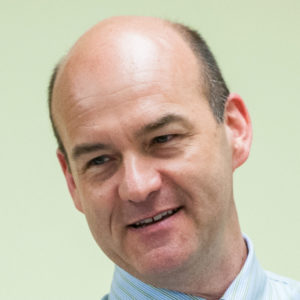
Robert C. Bartlett
Robert C. Bartlett is the Behrakis Professor of Hellenic Political Studies at Boston College. His principal area of research is classical political philosophy, with particular attention to the thinkers of ancient Hellas, including Thucydides, Plato, and Aristotle. He is the co-translator of a new edition of Aristotle’s Nicomachean Ethics.